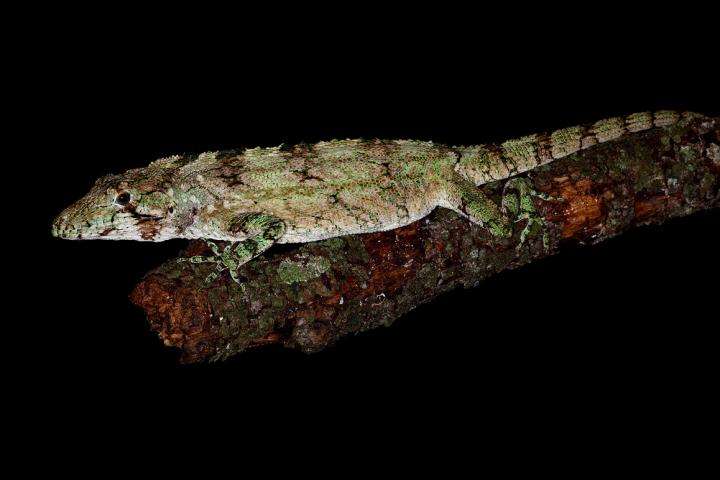December 4, 2024
The Ebiil Society: Champions of Palau
Ann Singeo, founder of our partner organization the Ebiil Society, shares her vision for a thriving Palau and a flourishing world of indigenous science!
We use cookies to help you navigate efficiently and perform certain functions. You will find detailed information about all cookies under each consent category below.
The cookies that are categorized as "Necessary" are stored on your browser as they are essential for enabling the basic functionalities of the site. ...
Necessary cookies are required to enable the basic features of this site, such as providing secure log-in or adjusting your consent preferences. These cookies do not store any personally identifiable data.
Functional cookies help perform certain functionalities like sharing the content of the website on social media platforms, collecting feedback, and other third-party features.
Analytical cookies are used to understand how visitors interact with the website. These cookies help provide information on metrics such as the number of visitors, bounce rate, traffic source, etc.
Performance cookies are used to understand and analyze the key performance indexes of the website which helps in delivering a better user experience for the visitors.
Advertisement cookies are used to provide visitors with customized advertisements based on the pages you visited previously and to analyze the effectiveness of the ad campaigns.
Looking to make an impact this Earth Month? Here’s how.

The discovery of a new lizard species in the Dominican Republic by University of Toronto researchers reinforces a theory that lizard communities evolve almost identically on separate islands.
A team from University of Toronto (U of T) has recently discovered a new species of lizard in the Dominican Republic (DR). The Greater Antillean Anole, Anolis landestoyi, is the first new species to be discovered in the DR in decades. It is named after the naturalist who found it, Miguel Landestoyi. Landestoyi captured images of the lizard and sent them to U of T researcher Luke Mahler, with the Department of Ecology & Evolutionary Biology. Mahler recalls his surprise:
As soon as I opened the email, I thought ‘what on earth is that!?
 Anolis Landestoyi resting on branch. By Miguel Landestoyi
Anolis Landestoyi resting on branch. By Miguel LandestoyiThis new species is an exciting and fortuitous find for the field of ecology; Anolis landestoyi informs the theory of replicated adaptive radiation. According to the article,
The discovery supports a theory of replicated adaptive radiation, where related species evolving on different islands diversify into similar sets of species that occupy the same ecological niches.
The discovery, in light of numerous other newly identified island species, is a reminder that countless unknown species share the planet with us. Islands prove to be especially rich sources of new discoveries; they surprise us over and over with species we never knew existed.

Island Conservation works in the Dominican Republic to protect native island species. Islands have very high biodiversity, but in too many cases their native wildlife are threatened by invasive species. If we are to continue to discover the unknown species living on islands, attending to ecosystem disturbances is a must.
Feature photo: Anolis landestoyi on a tree branch. By Miguel Landestoyi
Read the original article at Phys.org
Check out other journal entries we think you might be interested in.
Notifications